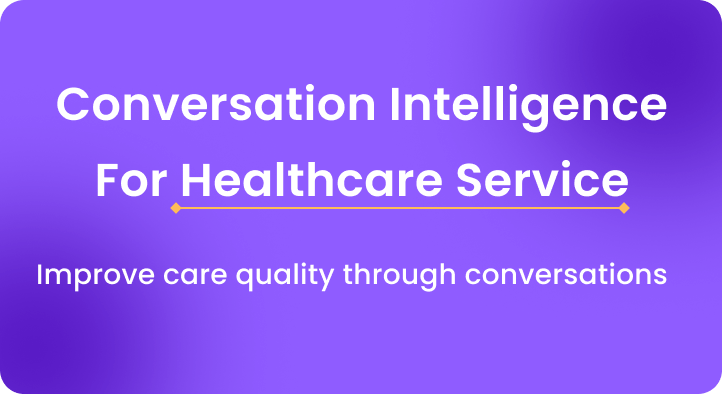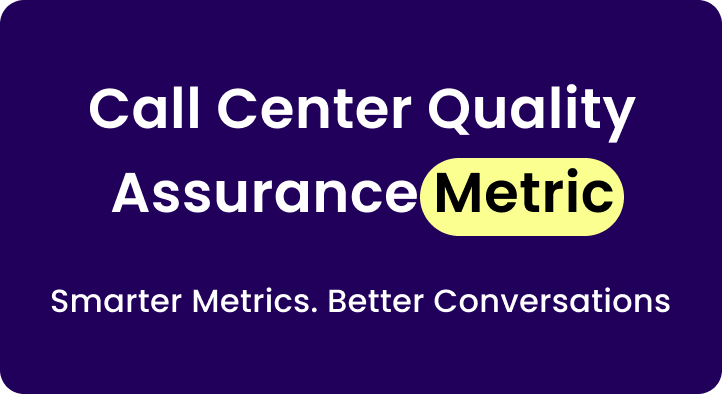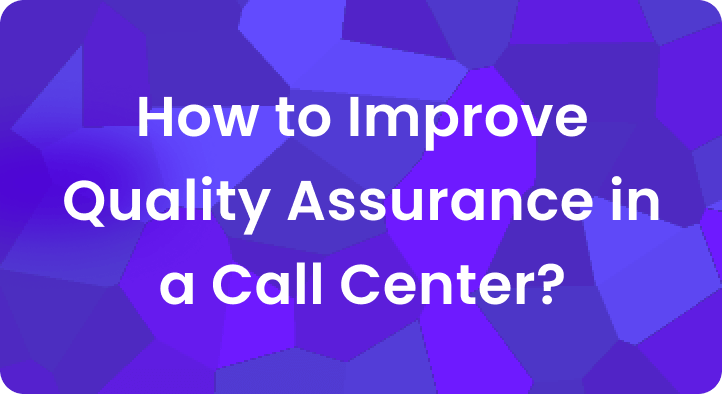Totally true! Typical call center software now connects to both CRMs and VoIP systems.
A call center is able to manage both calls and customer data from the same place, which speeds up workflows, minimizes human errors, and raises the experience level for the customer.
Why CRM integration matters
A CRM (Customer Relationship Management system) is the foundation for customer information. When call center software integrates seamlessly with a CRM:
- Agents can see information about the customer, such as prior purchases, tickets, and notes, instantly while they are on the call.
- Every interaction with the customer will be logged automatically into the CRM without manual steps getting in the way.
- Managers can track customer journeys across calls, emails, and chat, all in one record.
With a seamless integration between call center software and a CRM, agents do not need to switch between all the different windows; everything will just populate on the same screen.
A lot of time is saved while keeping conversations consistent and personal.
Examples of popular CRMs that work with call center software:
- Salesforce
- HubSpot
- Zoho CRM
- Microsoft Dynamics
- Freshsales
Why VoIP integration matters
VoIP (Voice over Internet Protocol) enables voice calls over the internet. When integrated with call center software, it powers smart calling features:
- Call routing, forwarding, and queue management.
- Call recording for training and compliance.
- Real-time monitoring by supervisors.
- Cost savings compared to traditional phone systems.
VoIP removes the need for on-premise phone hardware. Scaling up is as simple as adding new logins for agents.
Common VoIP providers’ call centers use:
- RingCentral
- Twilio
- Zoom Phone
- Nextiva
- 8×8
How integration works in practice
CRM integration process
- Connect the call center platform to the CRM via API or pre-built connector.
- Sync customer profiles and interaction history.
- Enable automatic logging of calls, notes, and outcomes.
- Activate screen pop-ups so customer records appear instantly on incoming calls.
- Sync updates back to the CRM so records remain accurate.
VoIP integration process
- Set up an account with a VoIP provider.
- Link the VoIP system with call center software.
- Route calls digitally through SIP trunking instead of traditional lines.
- Use built-in VoIP features like call queues, IVR menus, and recordings directly in the dashboard.
Key benefits of CRM + VoIP integration
When call center software integrates with both CRMs and VoIP, the impact is significant. Below are the major benefits explained in depth:
1. Faster call handling
No longer do agents haft o spend time to swipe their screens and switch back and forth to manage call.
CRM pulls the data record of the customer immediately when the VoIP routes the call, minimizing average handle time and keeping the calls relevant.
2. Improved first-call resolution
With the agent’s knowledge of the customer through the CRM profile, with VoIP routing, the customer reaches the agent on the first call.
This brings a higher opportunity to solve issues with one call.
3. Automatic record-keeping
Each call, regardless if it is inbound or outbound, is automatically documented in the CRM.
Agent’s notes, tags, with call recordings are immediately syncing, without agency entry.
This reduces the chance of mistakes and provides accurate documentation for compliance or use for a future situation.
4. Personalized customer experience
With the integration in place, agents will greet clients by first name, the history to identify their previous issue, and provide a solution to their personal needs.
This takes client experience the next level and provides the customer a meaningful experience they can appreciate.
The outcome is better customer satisfaction, loyalty.
5. Click-to-call convenience
Agents can click the call button from the client’s records instead of memorizing the customer’s number to call out manually.
The second the call is initiated from the CRM, the VoIP automatically logs the call.
This saved them time and made it easier for agents to lessen mistakes.
6. Centralized reporting
Being able to view call performance (volume, time, missed calls, etc.) and customer metrics (ticket resolution, financial case) together makes performance reviewed much clearer to review overall performance and makes for smarter decision-making.
7. Better quality monitoring and compliance
VoIP recordings exist in a single, reviewable place, with its CRM record.
Supervisors will have coverage contact with the circumstances in which they are reviewing a call, whether the call was a disclosure, or perhaps they were likely to have some priorities during a labour dispute, for example.
These attributes will help the agents with their readiness status, compliance, and assurance quality.
8. Scalable operations
Onboarding new agents becomes much easier as the offices grow. Onboarding is completed by adding CRM to the agent with VoIP made online without having them have a desktop system.
Providing the proper onboarding and making the operational scaling perspective smart, efficient, and cost-effective.
9. Stronger team collaboration
Sales, support, and service are working off the same records from VoIP, with call data attached to them.
Everyone has access to the same customer record to remove misunderstandings of the situation for customers and for a positive experience and consistency for them.
10. Enhanced customer experience
At the end of the day, a holistic combination means your customers are spending less time waiting for an answer, answering questions instead of reiterating their circumstance, a slight improvement in accuracy of answers, and your team is making the quickest connection possible. Then, better CSAT (Customer Satisfaction Scores) and retention.



